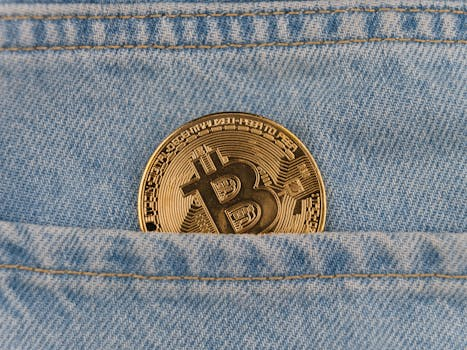The Impact of Inflation on Shopping Habits in 2025
Inflation is a term that is often thrown around in economic discussions, but what exactly does it mean and how can it affect our daily lives? In simple terms, inflation refers to the general increase in prices of goods and services over time. While a certain level of inflation is necessary for economic growth, too much inflation can have a significant impact on consumer spending habits. With 2025 just around the corner, let’s take a look at the potential impact of inflation on shopping habits in the upcoming years.
The Cost of Living
Rising inflation can lead to an increase in the cost of living, making it more expensive for individuals and families to meet their basic needs. In 2025, with inflation rates expected to rise, we can expect to see a significant impact on our shopping habits. As the cost of necessities such as food, housing, and healthcare increase, consumers will have less disposable income to spend on non-essential items.
The Rise of Budget Shopping
As the cost of living increases, consumers will be more inclined to make budget-conscious decisions when it comes to their shopping habits. This could mean opting for more affordable brands, switching to generic products, or even cutting back on non-essential purchases altogether. With less money available, consumers will have to be more strategic in their spending, and budget shopping is likely to become the new norm.
Shift towards Online Shopping
With the rise of inflation, brick-and-mortar stores may have a harder time attracting shoppers due to their higher prices. This could lead to a shift towards online shopping, where consumers can compare prices from the comfort of their own homes. This shift to online shopping is not just limited to essential items; it can also extend to non-essential purchases as consumers search for better deals and lower prices.
Influence on Consumer Behavior
Inflation can also have a significant impact on consumer behavior. As prices rise, consumers may be more cautious about their purchases, opting to save rather than spend. This can have a ripple effect on the economy, as decreased consumer spending can lead to slower economic growth. In 2025, with the expected rise in inflation, we can expect to see a shift in consumer behavior towards saving and making more intentional purchases.
Emphasis on Quality and Longevity
As consumers become more cautious about their spending, the focus on quality and longevity of products will become more important. Inflation may lead to higher prices for goods, but consumers will expect these products to last longer and provide more value for their money. This could lead to a shift away from fast fashion and disposable goods, as consumers prioritize buying products that will last for a longer period of time.
Increase in Thrift Shopping
Another result of inflation on shopping habits could be an increase in thrift shopping. As consumers look for more economical ways to shop, thrifting can provide a budget-friendly alternative. With the rise of awareness around sustainable living, thrifting has become a popular way for individuals to shop for unique items while also being environmentally conscious.
Conclusion
Inflation can have a significant impact on our shopping habits, and with rates expected to rise in 2025, we can expect to see a shift in consumer behavior. Budget shopping, a move towards online shopping, and a focus on quality and longevity are just some of the potential changes we may see in the coming years. As consumers, it is important to be aware of the effects of inflation on our shopping habits and make more conscious decisions about our spending.









